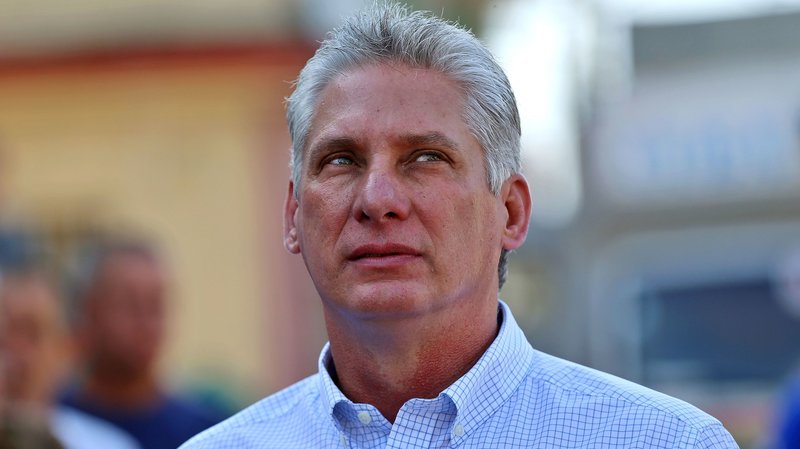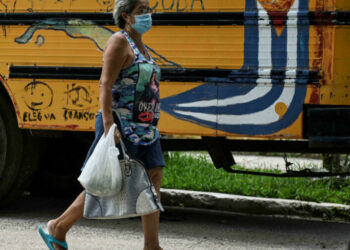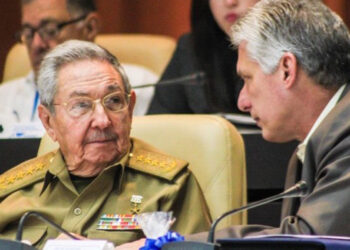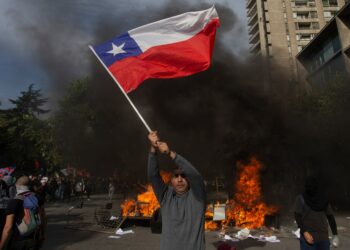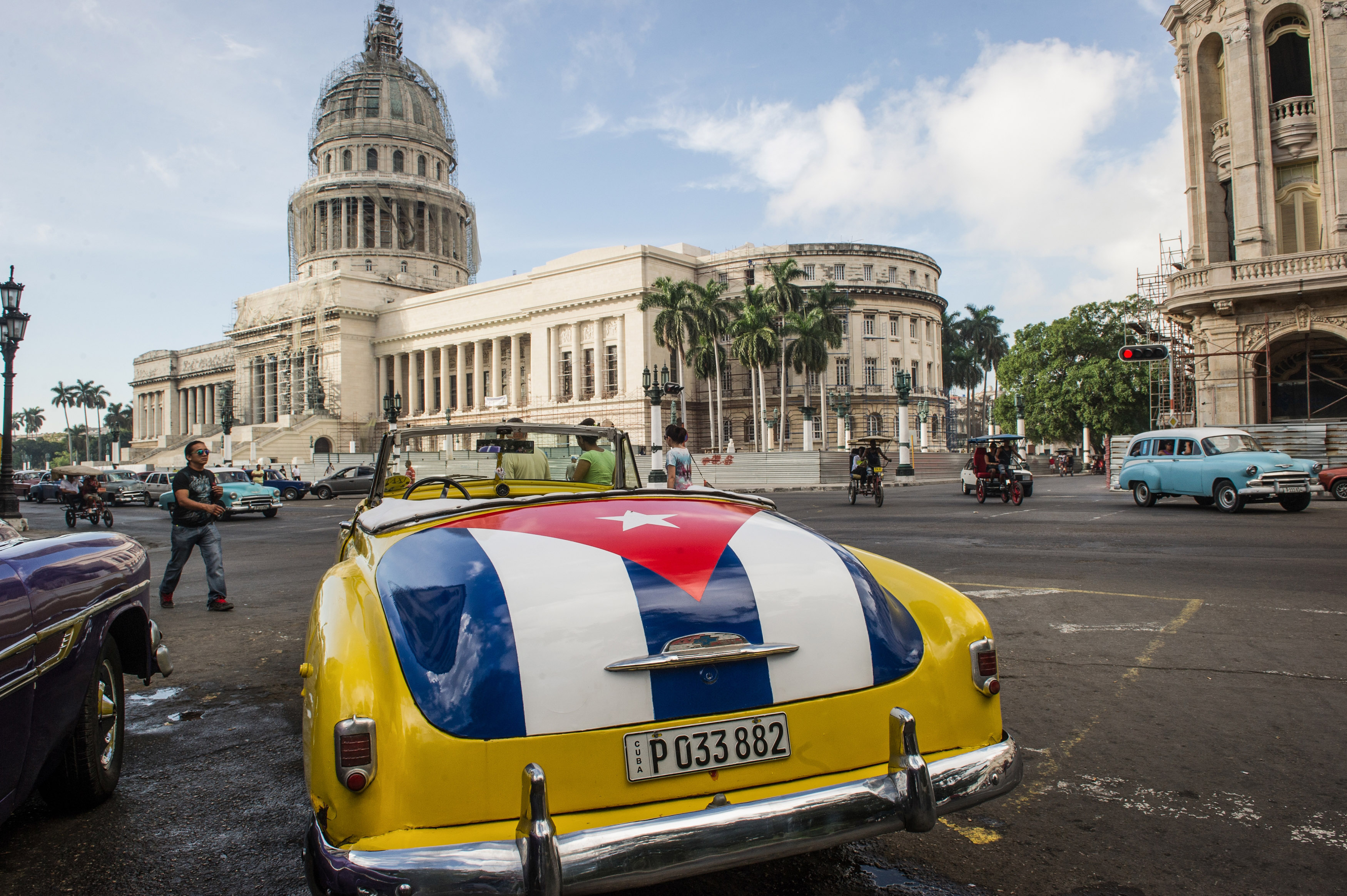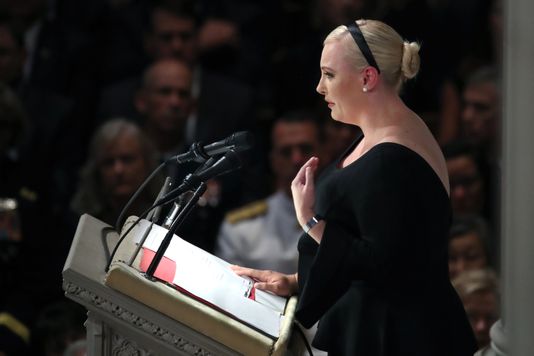The perception of Cuba is often as a country caught in a “time-lapse,” where 1950s American and Soviet-era cars fill the roads and buildings remain predominantly from previous times. However, this common view is to miss the historic and fundamental changes that the nation has undergone since the end of Cuban-Soviet relations in late 1991.
Throughout the 1990s, the island tentatively opened itself to the world market as the country adapted to the post-Soviet reality. In the summer of 2006, Raul Castro replaced his brother Fidel Castro as Cuban President with reforms continuing, vividly demonstrated by the recreation of Cuban-U.S. relations in July 2015.
Fidel Castro passed in November 2016, and Raul Castro retired April this year, with Miguel Diaz-Canel succeeding him as president. For the first time since the early 1960s, neither Fidel nor Raul Castro is the country’s president. Diaz-Canel was born after the 1959 Cuban Revolution, reflecting a generational change in the Cuban leadership.
Since becoming president, Diaz-Canel has wasted no time in continuing the process of reform when at the end of last month, a draft of a new constitution was debated within the National Assembly. If approved, it will replace the 1976 constitution that was ratified at the height of the “sovietisation” process of the Cuban Revolution and closely resembled the Soviet Union’s constitution of the time. The draft passed the National Assembly unanimously and will now be debated across the island.
The most attention-grabbing aspects of the draft are the removal of the stated aim “to advance towards a communist society” and marriage no longer being exclusively between a male and a female, but rather between two persons. This opens the path to potential same-sex marriages. Both of these changes fundamentally alter previous policies (in the 1960s homosexuals had been persecuted for breaching “revolutionary morality”).
Other modifications include that the president must be under the age of 60 when first appointed and can only serve two 5-year terms. The position of prime minister is to be created, who will oversee the Council of Ministers, or in effect the day-to-day running of the country. Cuba’s 15 provinces will be run by governors rather than the present presidents of provincial assemblies. These changes are significant, not only because they prevent Cuba from being led for such a lengthy period as Fidel Castro, but also because they avert the possibility of the Cuban leadership turning into a gerontocracy.
Private businesses and non-farm cooperatives will become legal forms of economic activity, and the judicial system will be strengthened with the introduction of the presumption of innocence in criminal cases.
In addition, other measures have been introduced to provide greater consumer and worker protection while also allowing the government to secure increased levels of revenue produced by private businesses. The number of different categories which permit private business has been streamlined in a drive for efficiency.
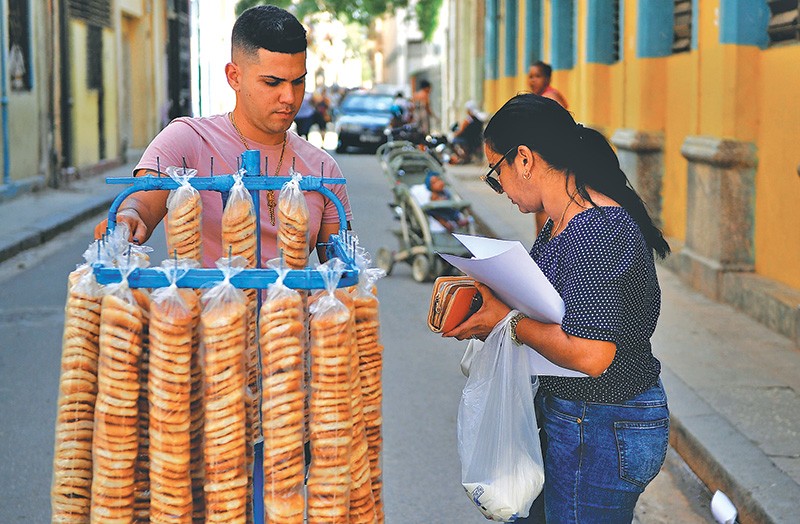
However, other proposed reforms may appear to limit the private sector: private businesses are not being permitted to work with foreign clients (which will particularly affect computer programmers many of whom already have foreign clients), individuals can only possess one license for a private business, private restaurants are permitted to have a maximum of 50 seats, tax rates will increase as the number of employees increases (potentially curbing growth) and the “accumulation” of private property by citizens remains prohibited.
The proposed changes are trying to balance the Cuban government’s requirement for much-needed revenue while not stifling fledging entrepreneurial spirit. The answer to this conundrum will only become evident over time but is crucial to the Cuban revolution’s future.
The underpinnings of these reforms have been to introduce more accountability and increased efficiency while also attempting to restrict potential economic discrepancies appearing across the island. Moreover, the proposed reforms legalize a number of practices that have already been taking place over many years, particularly concerning the existence of private businesses. Consequently, these proposed reforms can be seen to be both pragmatic, but also fundamental in stimulating the island’s economy.
Additionally, the Cuban Communist Party remains at the forefront of Cuban society with state-run newspaper Granma declaring that “the [constitutional] project reaffirms the socialist character of our political, economic and socialist system, as well as the directing role of the Communist Party of Cuba.”
The proposed new constitution demonstrates the Cuban government’s attempts to produce a sustainable model of socialism for the twenty-first century. If passed, their success is crucial to the continuation of the unique Cuban development model. Other changes, particularly economic, are also likely but the draft constitution is an important step towards these Cuban government aims.
Disclaimer: The views and opinions expressed here are those of the author and do not necessarily reflect the editorial position of The Globe Post.

